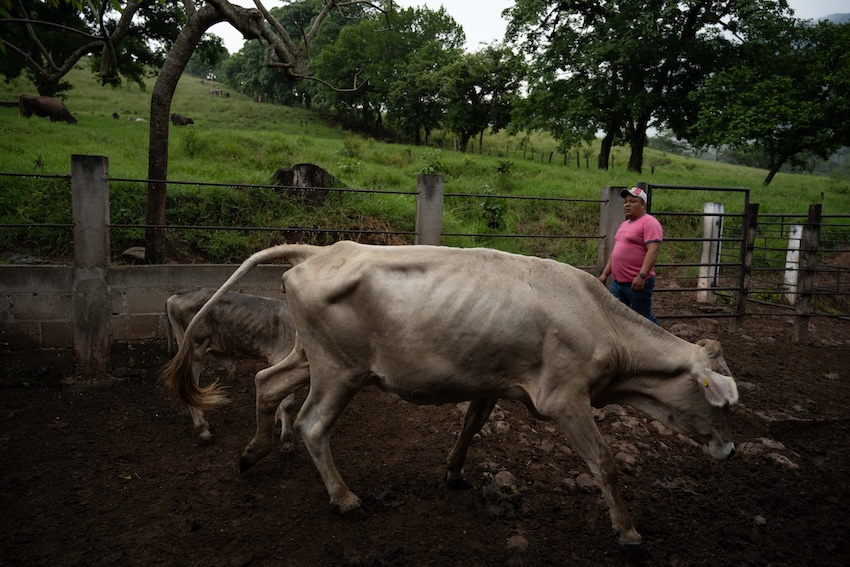Mexican officials confirmed a case of New World screwworm (NWS) over the weekend, just 70 miles from the U.S. border, prompting U.S. authorities to quickly assert they will take all necessary measures to defend the country’s livestock industry and food security.
In a press release, the U.S. Department of Agriculture (USDA) said it will take decisive action to protect U.S. borders, even in the absence of cooperation. “Protecting the United States from NWS is non-negotiable and a top priority of the Trump Administration,” U.S. Secretary of Agriculture Brooke L. Rollins said.
Mexico’s National Service of Agro-Alimentary Health, Safety and Quality (Senasica) discovered the latest case of the flesh-eating pest in a feedlot in Sabinas Hidalgo, Nuevo León.
Senasica informed the USDA that the affected animal — an 8-month-old cow — had recently been moved north from a region in southern Mexico with known active NWS cases, prompting criticism from Rollins.
“We have given Mexico every opportunity and every resource necessary to counter NWS since announcing the NWS Bold Plan in June 2025,” she said, adding that the USDA “will not rely on Mexico to defend our industry, our food supply or our way of life.”

The USDA also insisted that “the potential link to animal movement underscores the non-negotiable need for Mexico to fully implement and comply with the U.S.-Mexico Joint Action Plan.”
After analyzing all information related to the new case, Rollins said the USDA will pursue all options to release sterile flies in this region as necessary. In June, the U.S. and Mexico reopened a modernized sterile fly production plant in the southern Mexican state of Chiapas as part of a joint strategy to combat the NWS.
The NWS, which gets its name from the way it burrows into wounds like a screw, can be fatal to animals and, in some cases, humans.
Screwworm maggots typically enter through an open wound and feed on the living flesh of warm-blooded animals. Infected mammals typically die of secondary infections or toxicity.
The NWS has been steadily moving north from Central America since last year, putting the U.S. cattle industry on high alert. The U.S. suspended cattle imports from Mexico in November 2024 and suspended imports again on July 9, just over a week after attempting to resume shipments in phases.
With reports from Reuters, El Universal, Animal Político and El Economista
